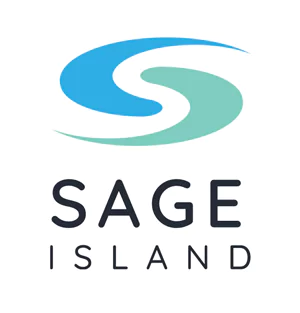Search engines cannot interpret a page as we can. They need structure and clues to decipher what content means, so it’s more critical than before to have quality on-page optimization.
And no, this does not mean keyword stuffing—those days have long passed! On-page optimization has drastically changed in the past couple of years, and it’s crucial to stay up to date on the best practices.
Understanding the techniques used to cue better what content relates to will ultimately lead to a higher search rank. Though these rules can be experimented with, here are a few present-day ways search engines determine on-page optimization and its relevance.
Keywords
When SEO first took off, keywords were everywhere. SEO marketers concluded that if the focal point of a page were a particular keyword, search engines would rank the page based on the number of times that keyword was found in areas of the page, including the metadata, headlines, and within the content. Having a keyword mindset is still good, but the influence of keyword stuffing has dramatically decreased. It’s still important to include keywords on pages, but that alone will not impact rankings.
Keyword stuffing is an obsolete practice because search engines are learning. They no longer measure how often a keyword appears but how it ranks in importance compared to the overall expectation of the page. For example, a page with the keyword “cat” is broad, vague, and has much less impact than a page with “cat litter.” “Cat litter” explains much more about the topic of the page. Descriptive keywords have become one of the new components of SEO.
With billions of searches every day, search engines have collected so much information to decide what searchers are trying to figure out when typing queries. Google proved that synonyms of keywords are a significant factor in 70% of searches. Search engines can now look at words and phrases and match up content to queries that use synonyms and close topic variants. MOZ gives a great example: “Dog pics can also mean dog photos, pictures of dogs, and canine photos.” Knowing that search engines can interpret this, content should be created using natural language and variations. The same keyword repeatedly is ineffective.
Content Placement
The location of where content is placed is just as important as the words themselves. The makeup of a web page includes:
- Headers
- Navigation
- Hero image
- Footers
- Sliders
- Sidebars
- Content
- CTA’s (Calls to Action)
Search engines can analyze and break down which part of a web page is most important. Google and Microsoft claim that content in particular sections hold more authority than in other areas. Content written in the main body of a web page is the best location for page rank. As more websites go responsive, it’s imperative to place content in the main body because mobile devices hide portions of pages, they deem irrelevant.
Content on a page should always follow the same structure: a header followed by the body of the copy. Like a blog title, a header should announce what the page is about. The header includes some type of keyword or phrase most of the time. The content body should provide proper introductions, ideas organized into paragraphs, and conclusions. Think of a web page content as a collegiate essay.
Search engines are now programmed to read content like a professor reviewing a paper. Proper paragraph structure is essential to SEO rank. The same goes for punctuation and spelling. Currently, Bing is the only search engine to include spelling and grammatical errors in its algorithm. Google analyzes content for quality and reading level, but it won’t be long before they update their algorithm.
On-page optimization is simple. If humans write the content for humans, excellent search rank will take off. Don’t try to trick the search engines! They’ve come a long way and can spot old, ineffective methods. Stay up to date with on-page optimization, and page rank will never be an issue. These tips are current for on-page SEO now, but it won’t be long until Google or Bing update their algorithms again.
There are countless ways to improve SEO rank through on-page optimization, but many business owners ignore best practices out of fear of change. Let a professional marketing agency help optimize your web pages for higher page rank. Contact us today if you’re ready to put the Sage Island team to work for your business!

